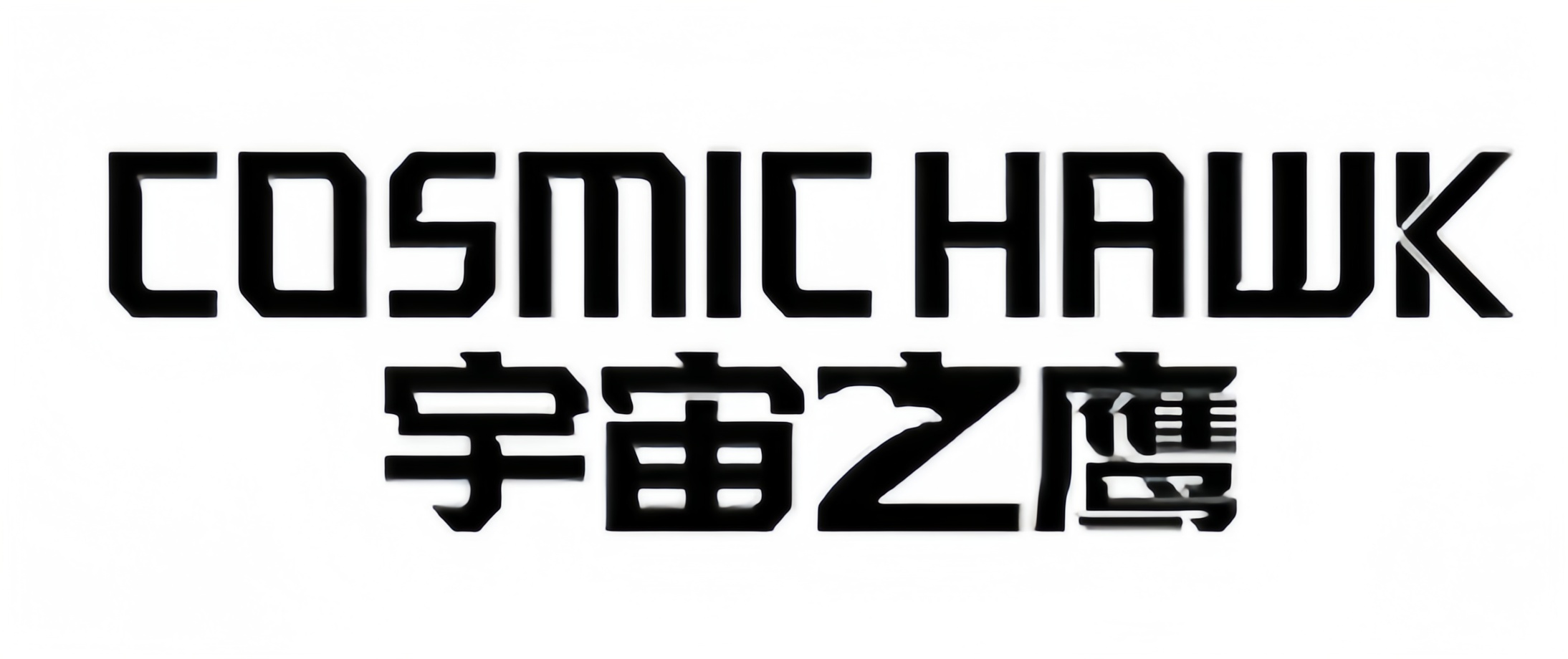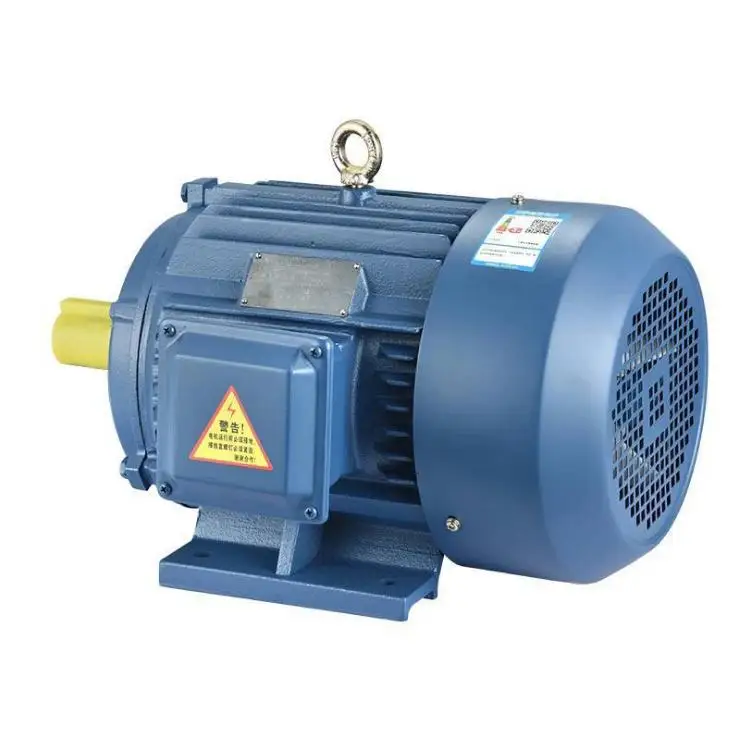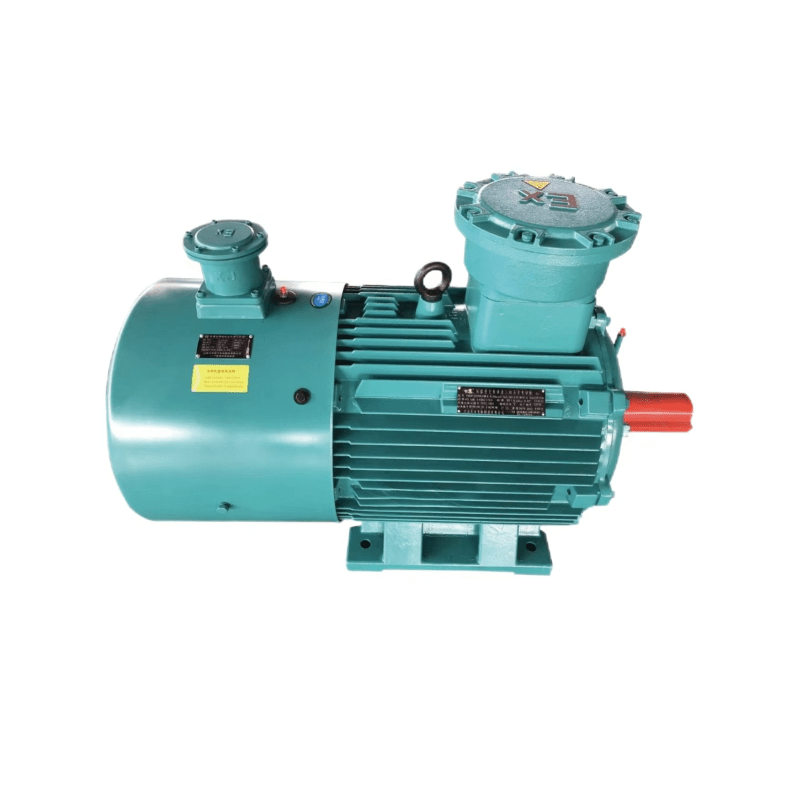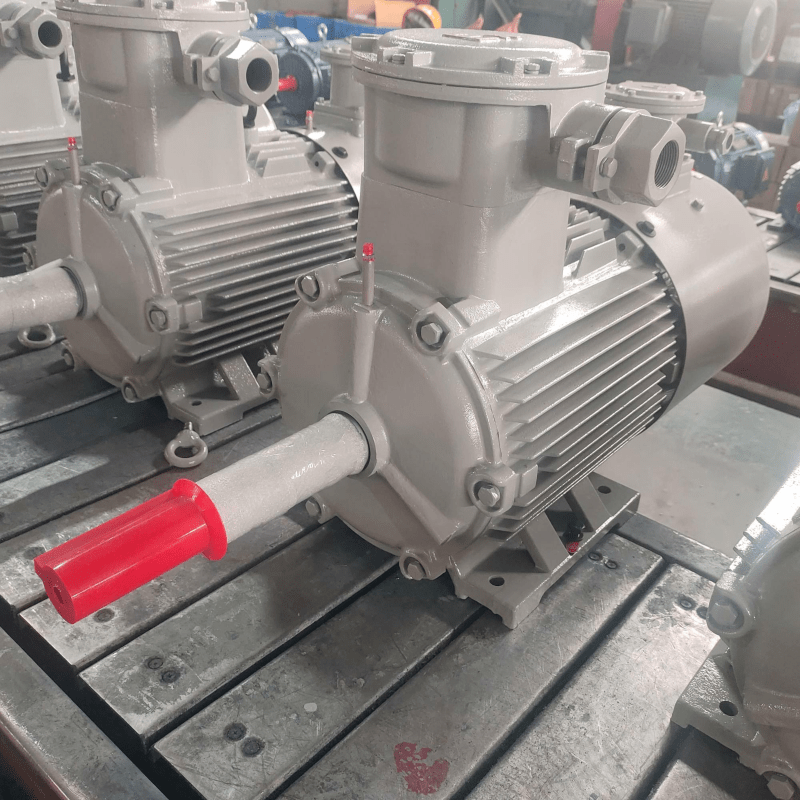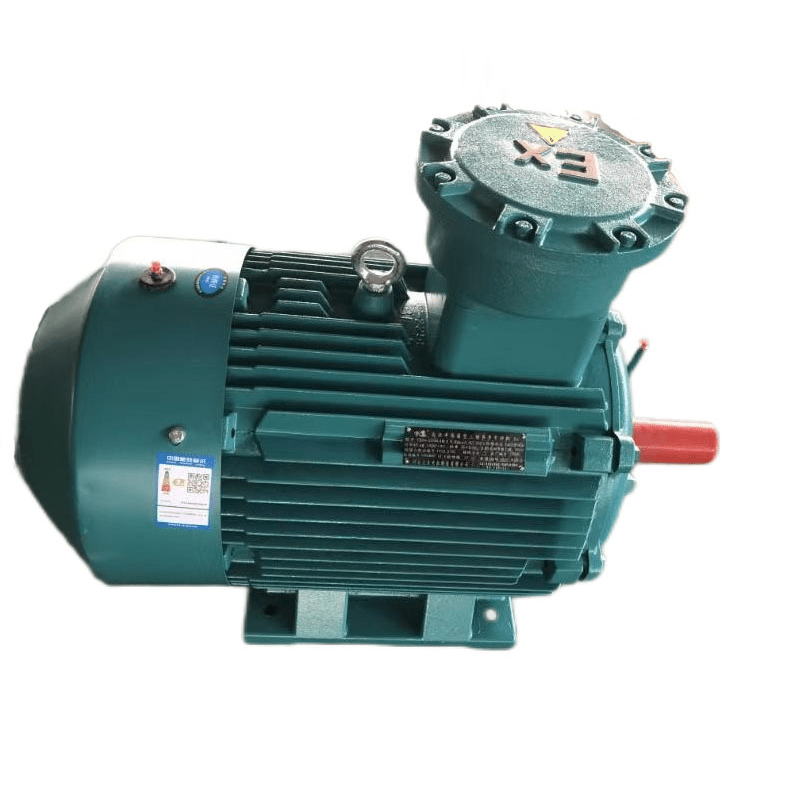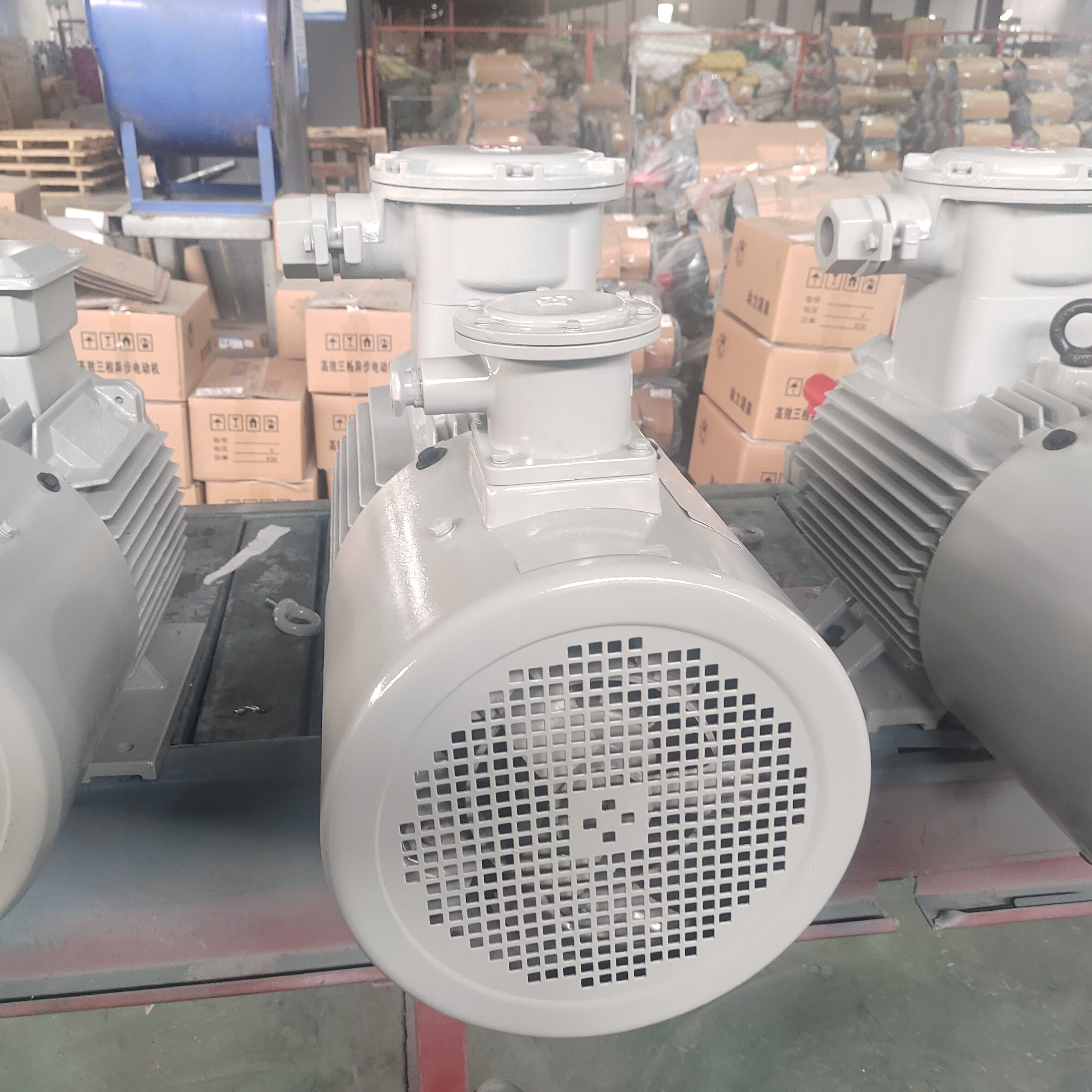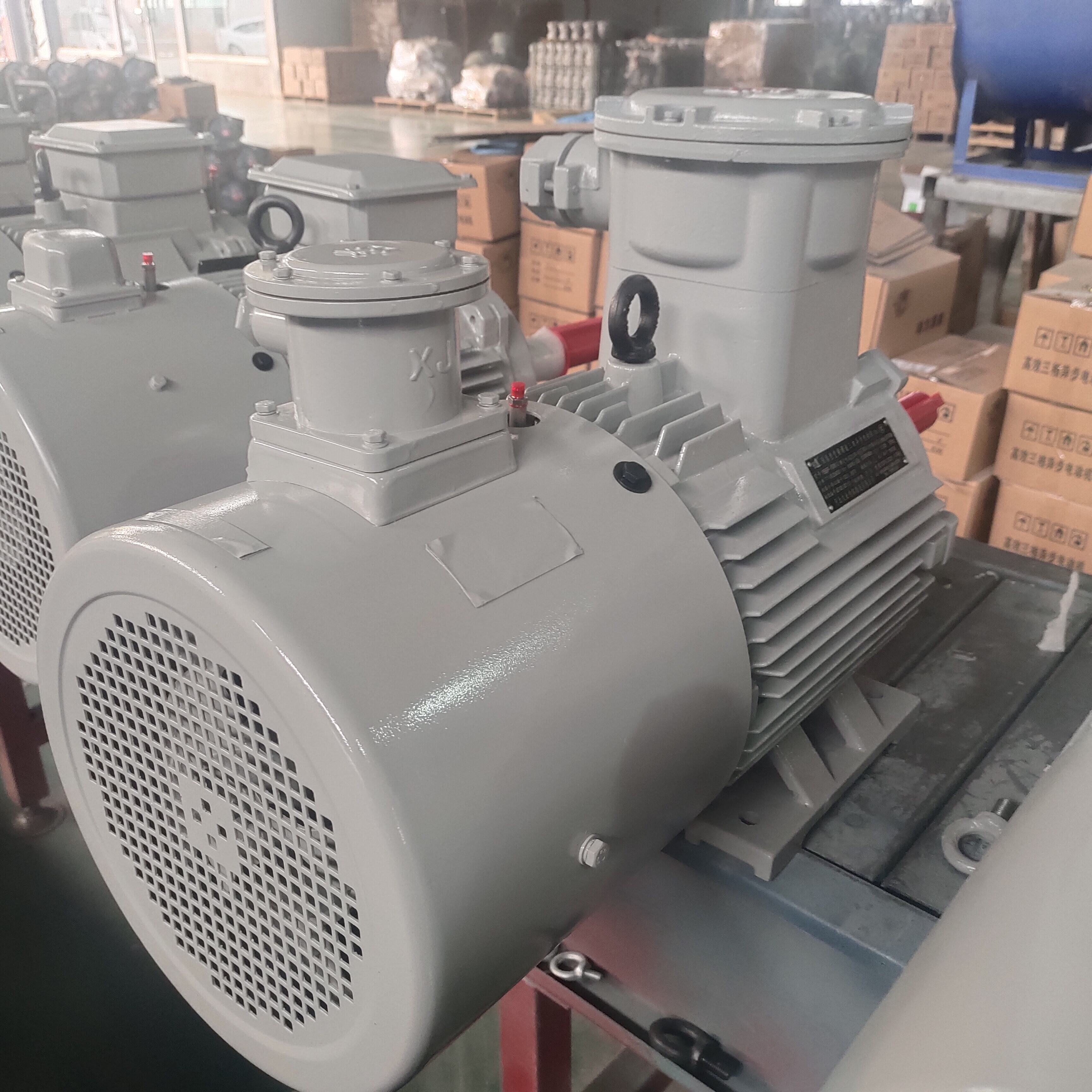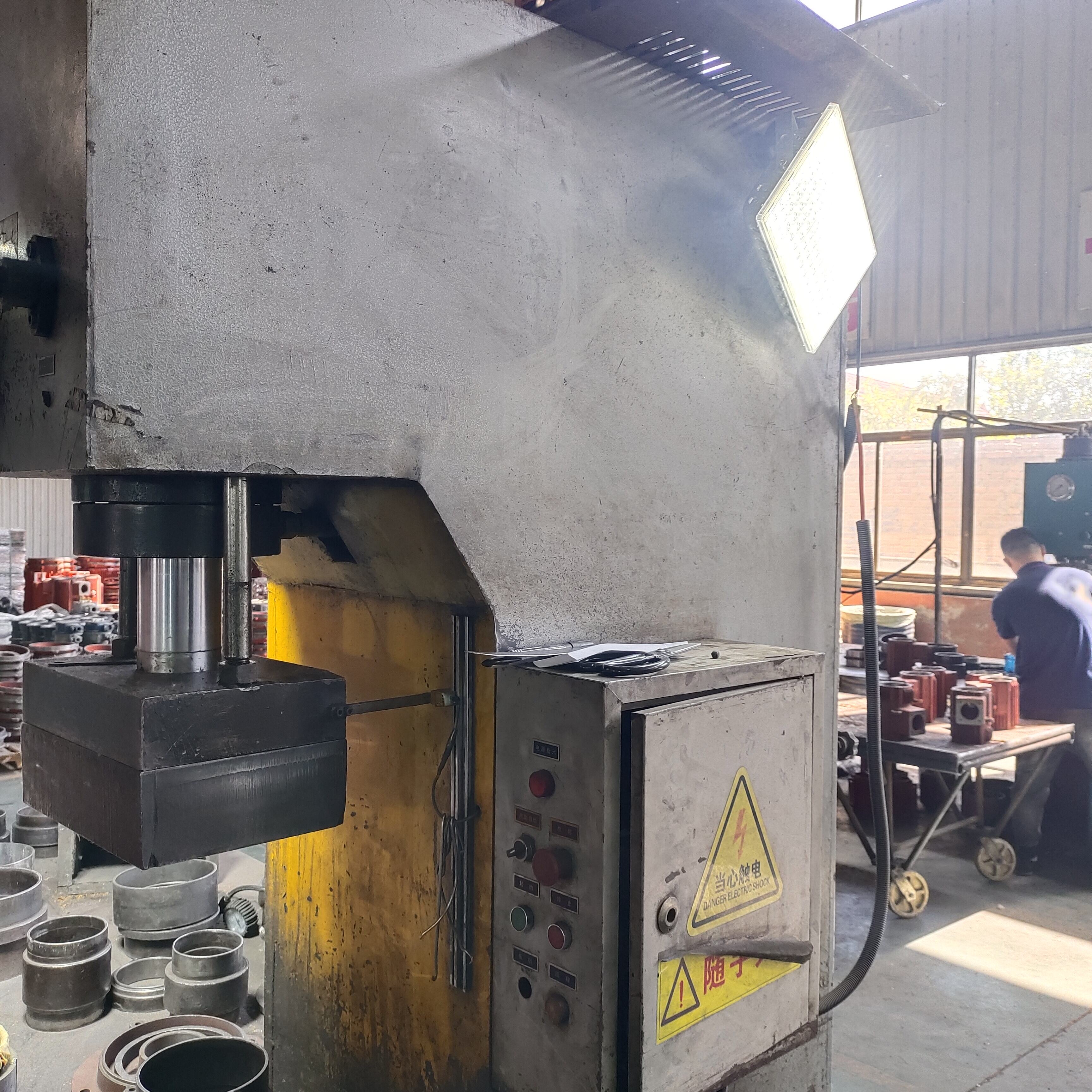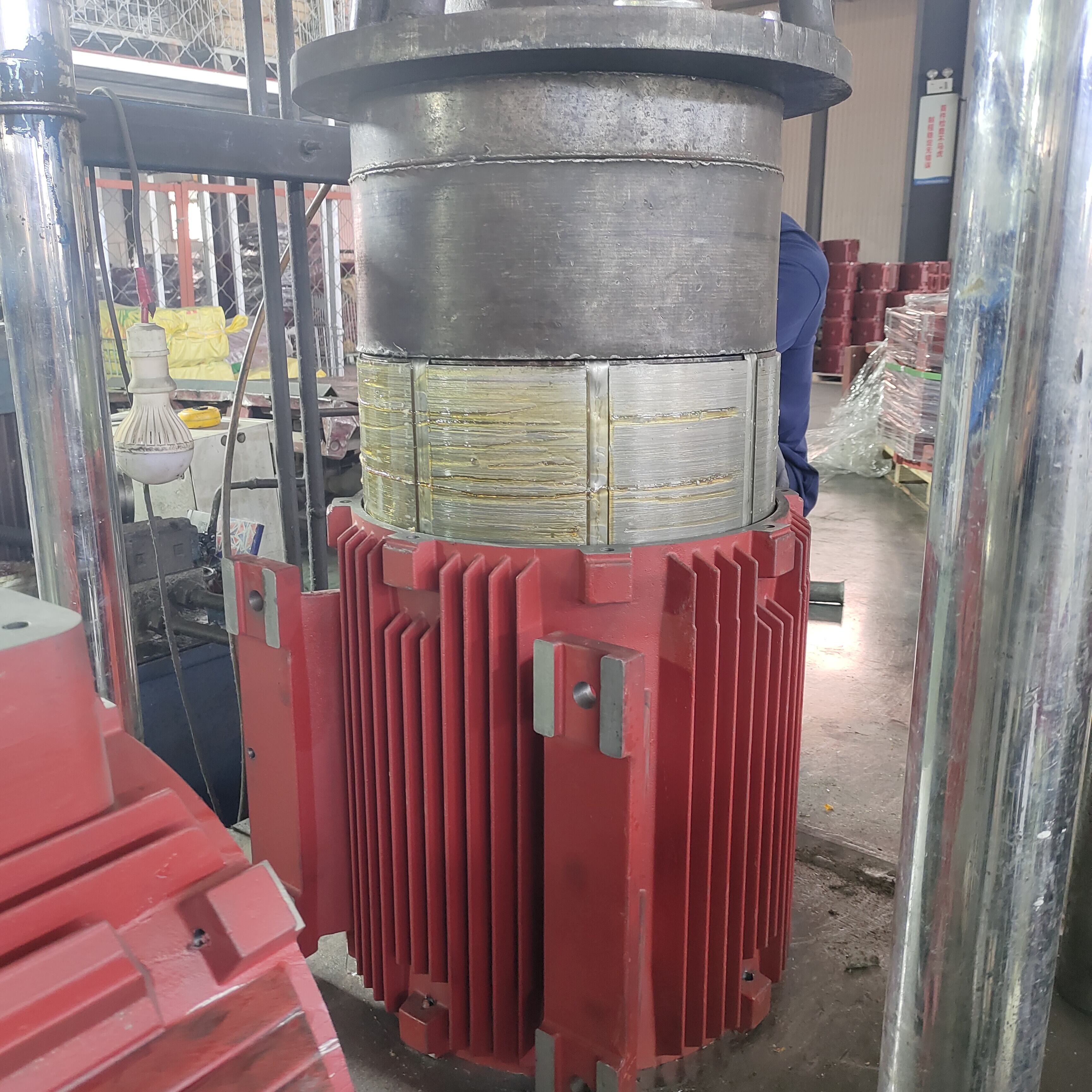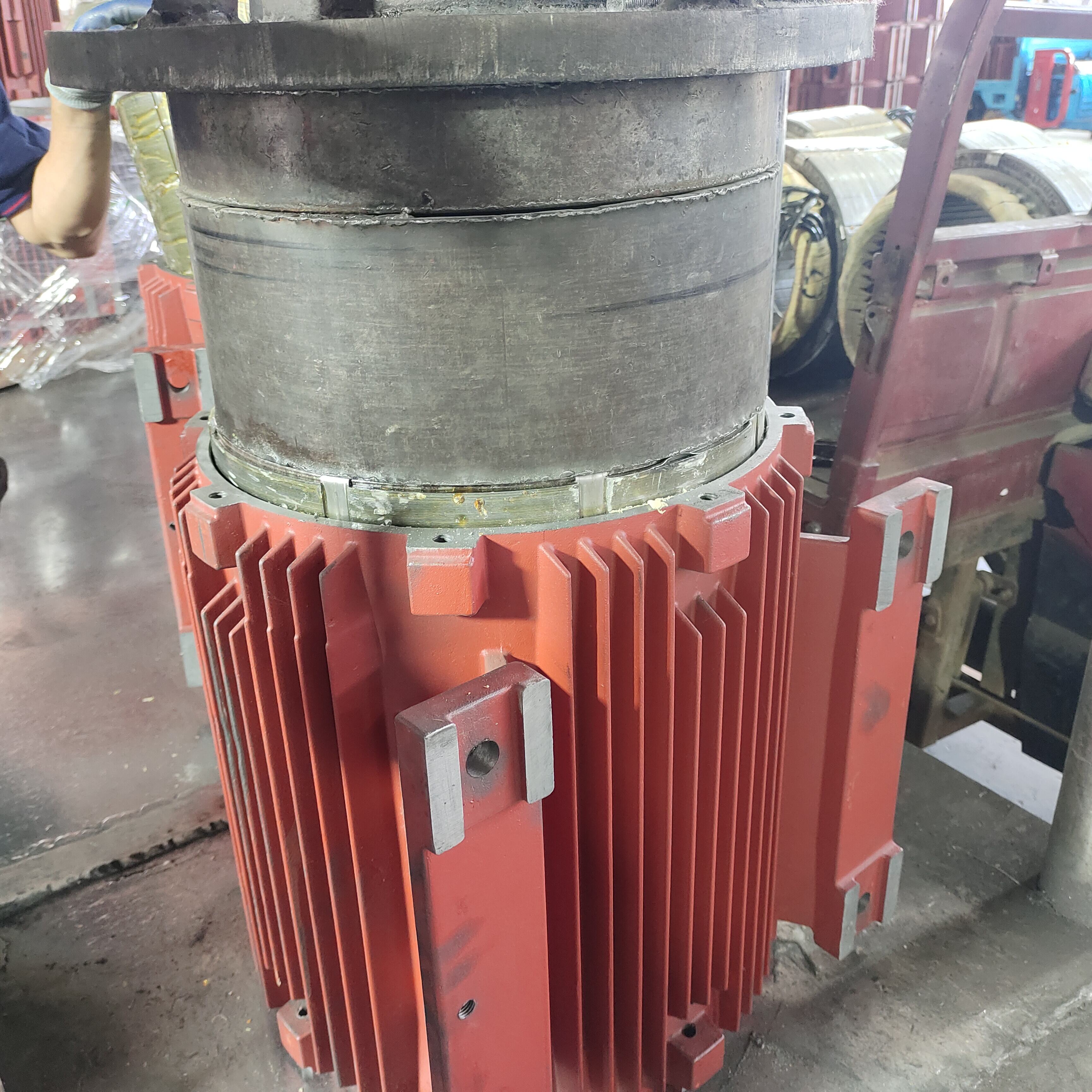Exceptional Production Efficiency and Cost-Effectiveness
CNC die casting technology delivers unparalleled production efficiency through intelligent automation, optimized cycle times, and streamlined manufacturing processes that dramatically reduce per-unit costs while maintaining superior quality standards. The computer-controlled systems operate with remarkable consistency, eliminating the variability associated with manual operations and enabling predictable production schedules that support just-in-time manufacturing strategies. Cycle times are optimized through precise control of every process parameter, including mold preheating, metal injection speed, dwell time, and cooling duration, resulting in throughput improvements of 40-60 percent compared to conventional casting methods. The automated nature of the process minimizes labor requirements, reducing direct manufacturing costs while eliminating human error factors that can lead to quality issues and production delays. Material utilization efficiency reaches exceptional levels through precise shot weight control and optimized runner systems, reducing waste generation by up to 30 percent compared to traditional methods. The technology supports lights-out manufacturing operations, where systems can run continuously with minimal supervision, maximizing equipment utilization and reducing overhead costs. Quality consistency eliminates the costs associated with rejected parts, rework, and customer returns, while the precision of the process reduces or eliminates expensive secondary machining operations. Energy efficiency improvements are substantial due to optimized heating cycles, reduced process temperatures where possible, and shorter overall production times. The rapid changeover capabilities of modern CNC die casting systems enable efficient production of multiple part numbers without extensive downtime, supporting flexible manufacturing strategies and reducing inventory carrying costs. Predictive maintenance capabilities built into these systems minimize unexpected downtime and extend equipment life, further improving the return on investment. The scalability of CNC die casting technology allows manufacturers to efficiently handle both prototype quantities and high-volume production runs using the same equipment, providing flexibility to respond to changing market demands. Integration with enterprise resource planning systems enables real-time production monitoring, inventory management, and quality tracking, supporting lean manufacturing principles and continuous improvement initiatives. The comprehensive cost advantages, combined with superior quality outcomes, make CNC die casting an compelling choice for manufacturers seeking to optimize their production operations while maintaining competitive pricing in challenging market conditions.
